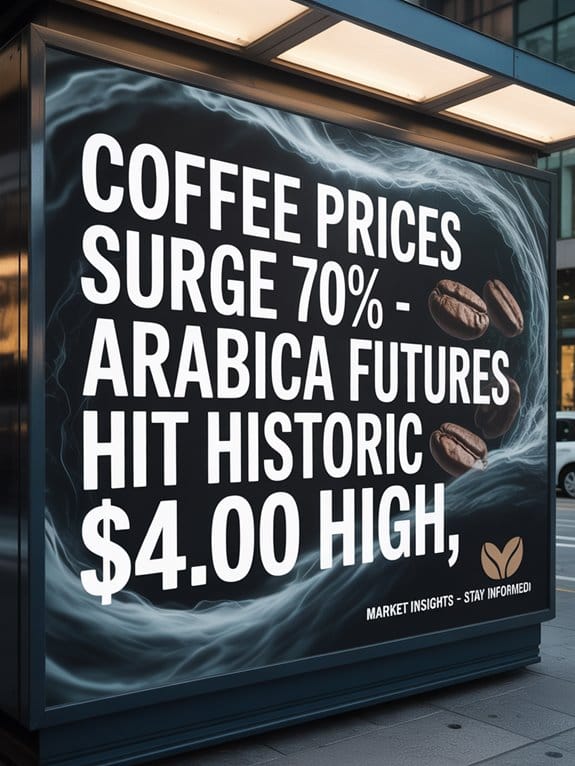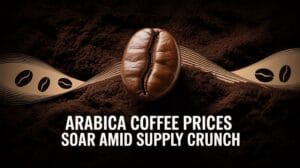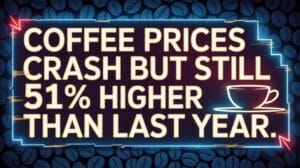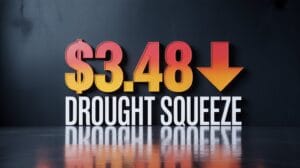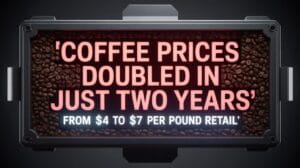As U.S. traders scramble to secure Brazilian coffee before a 50% tariff kicks in August, panic buying has erupted over fears of soaring prices and supply chaos.
The tariff, announced in July 2025, will hit imports arriving after August 1, forcing importers to pay higher taxes rather than Brazilian exporters. Industry sources call it an “existential threat” as companies brace for costs that might push retail prices higher. Market instability is already visible, with importers racing to lock in shipments before the deadline. Arabica coffee is particularly sensitive to these changes due to its cultivation requirements.
The tariff’s implications ripple through supply chains. Coffee prices in the U.S. rose 70% last year due to droughts in Brazil and flooding in Vietnam. Arabica futures topped $4.00 per pound in early 2025, a historic high. Tariffs could worsen the spike, leaving roasters and cafes struggling with pricier beans. Importers warn they’ll pass costs to consumers through higher prices or lower-quality blends. The National Coffee Association has petitioned the White House for exemptions, citing severe economic ripple effects across supply chains.
Tariffs strain supply chains as U.S. coffee prices surge 70% amid droughts and floods, with Arabica futures peaking at $4.00, shifting costs to consumers.
Trade patterns may shift if tariffs stick. Brazil, responsible for over a third of global coffee exports, sends 16.7% of its shipments to the U.S., but that could shrink as beans flow to Europe or Asia instead. U.S. buyers might turn to Africa or Central America, but swapping suppliers isn’t easy. Chains like Dunkin’ and Starbucks rely on Brazilian beans for a significant portion of their blends. Changing sources could alter flavors, risking customer loyalty.
Climate chaos fuels the frenzy. Brazil’s droughts and Vietnam’s floods have battered crops, leaving global supplies shaky. Traders fear shortages will deepen, driving frenzied purchases. Arabica futures keep rising as speculators bet on tighter stocks. Some worry panic buying might strain logistics, delaying deliveries even before tariffs hit.
Major chains haven’t shared plans to handle the crunch. If Brazilian beans get pricier or scarcer, customers might see smaller sizes, higher menu prices, or blander brews. Experts say switching suppliers won’t fully replace Brazil’s output, risking long-term gaps.
With weeks until the tariff starts, uncertainty looms. Suppliers face a lose-lose: absorb higher costs or risk losing buyers. The clock’s ticking for traders betting on last-minute deals, but climate and policy threats won’t fade soon. For now, shelves stay stocked—but prices tell a stormier story.

